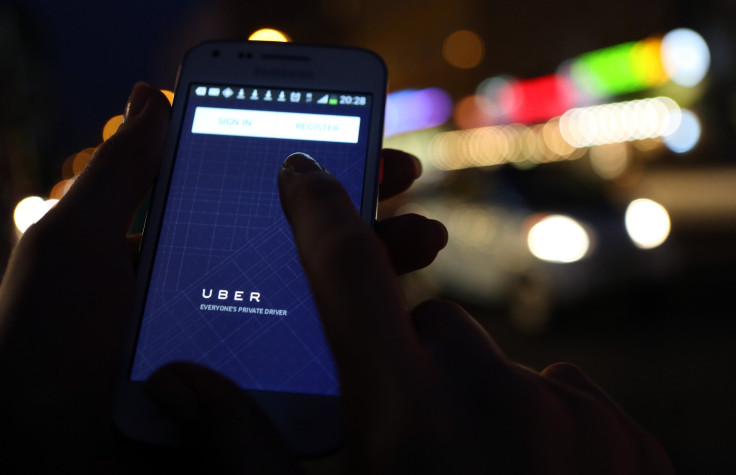Uber Africa App Update Enables Deaf Kenyans To Become Drivers

Uber is updating its smartphone app with new features that will enable deaf and hearing-impaired Kenyans to become drivers. The ride-hailing service, based in San Francisco, has paired up with the Kenya National Association of the Deaf to better understand the challenges that people with hearing difficulties face each day, Kenyan radio station Capital FM.
“The new settings we’re announcing today are a first step but we’re already thinking about how else we can help, through education and awareness, remove the barrier between deaf and hearing people in our cities,” Jambu Palaniappan, general manager for Uber in Eastern Europe, Middle East and Africa, said in a statement obtained by Capital FM.
An estimated 4 million Kenyans are deaf or hearing-impaired and almost two-thirds are currently unemployed. The innovative app update was designed to make it easier for this share of Kenya’s population to become Uber drivers and to earn an income. Kenya will be the first nation in Africa to benefit from Uber’s new features, the local radio station reported.
The partnership between Uber and the Kenya National Association of the Deaf comes as the car service expands its operations across Africa. Most Kenyans make transactions via cash or mobile money services rather than credit cards, which initially stunted Uber’s growth in the country. Uber then launched a cash-payment option in Kenya’s capital Nairobi in May that allowed the fast-growing company to surpass 2 million rides across Africa in the first half of the year.
“Part of our mission is to promote public- and private-sector policies and initiatives that meet the rights and needs of the deaf community. This partnership, which will make it easier for deaf and hard-of-hearing people to work, is a welcome development,” Nickson O. Kakiri, national chairman of the Kenya National Association of the Deaf, said in a statement obtained by Capital FM.
Uber announced in May it was testing features for deaf or hard-of-hearing driver partners in Chicago, Los Angeles, San Francisco and Washington, D.C. The app updates featured a new trip request with a flashing light as well as the existing audio notification. The option to call a deaf or hearing-impaired driver was turned off and riders were instead given only the ability to text. The app also notified riders that their driver is deaf or hard-of-hearing.
Uber launched its service in Africa last year, starting in the South African cities of Johannesburg, Cape Town and Durban. But the expansion caused friction between Uber drivers and meter taxi drivers, which prompted the company to provide security for its South African employees.
© Copyright IBTimes 2025. All rights reserved.



















